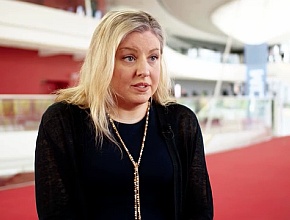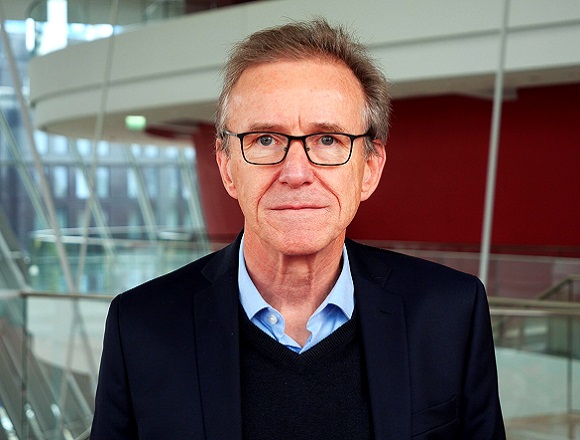Dr Alistair Ingram is a chief of medicine at St. Joseph’s Healthcare Hamilton and researcher focused on prevention of vascular and thrombotic complications in chronic renal insufficiency and dialysis as well as molecular biology of progressive renal diseases.
What have been the most positive shifts in care for patients with chronic kidney disease or end-stage renal disease?
Alistair Ingram, MD: I’ve been asked what have been the most positive shifts in care for patients with chronic kidney disease or end-stage renal disease in the latter part of my career, [that is, in] the last 5 to 10 years. Really, 2 things come to mind. More recently [there] have been the very exciting data around the sodium-glucose cotransporter 2 (SGLT-2) inhibitors; initially in diabetics with proteinuria >300 mg per day and, more recently, in nondiabetics. So, for the first time in many, many years, I am writing prescriptions in my office for new medications that work entirely differently, that we know that [they] can slow the progression of chronic kidney disease in a large proportion of patients whom we see, which is really very exciting and hasn’t been my experience since the introduction of the angiotensin interruption many, many years ago.
The second really major advance that I believe that we’ve made over the past 10 years is greatly expanding the donor acceptance criteria that we are prepared to use in kidney transplantation. And this has made a particular impact on older recipients. We are now accepting older donors. We are accepting donation after cardiac death. We accept donors who had acute kidney injury (AKI) as long as [there is] some evidence that AKI is likely resolved. And as a consequence, in our center, we have almost tripled our kidney transplant rate over the past 10 or 12 years. We have not tripled our end-stage renal disease rate, so that has made a beneficial and substantive effect on the quality and quantity of life for many patients with end-stage renal disease including many who, 12 years ago, I would not have said would be eligible for a transplant. I think that is a major advance as well.
 English
English
 Español
Español
 українська
українська









